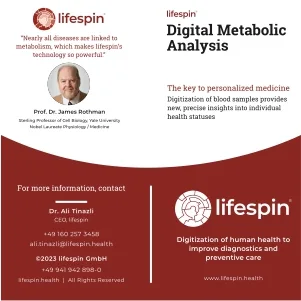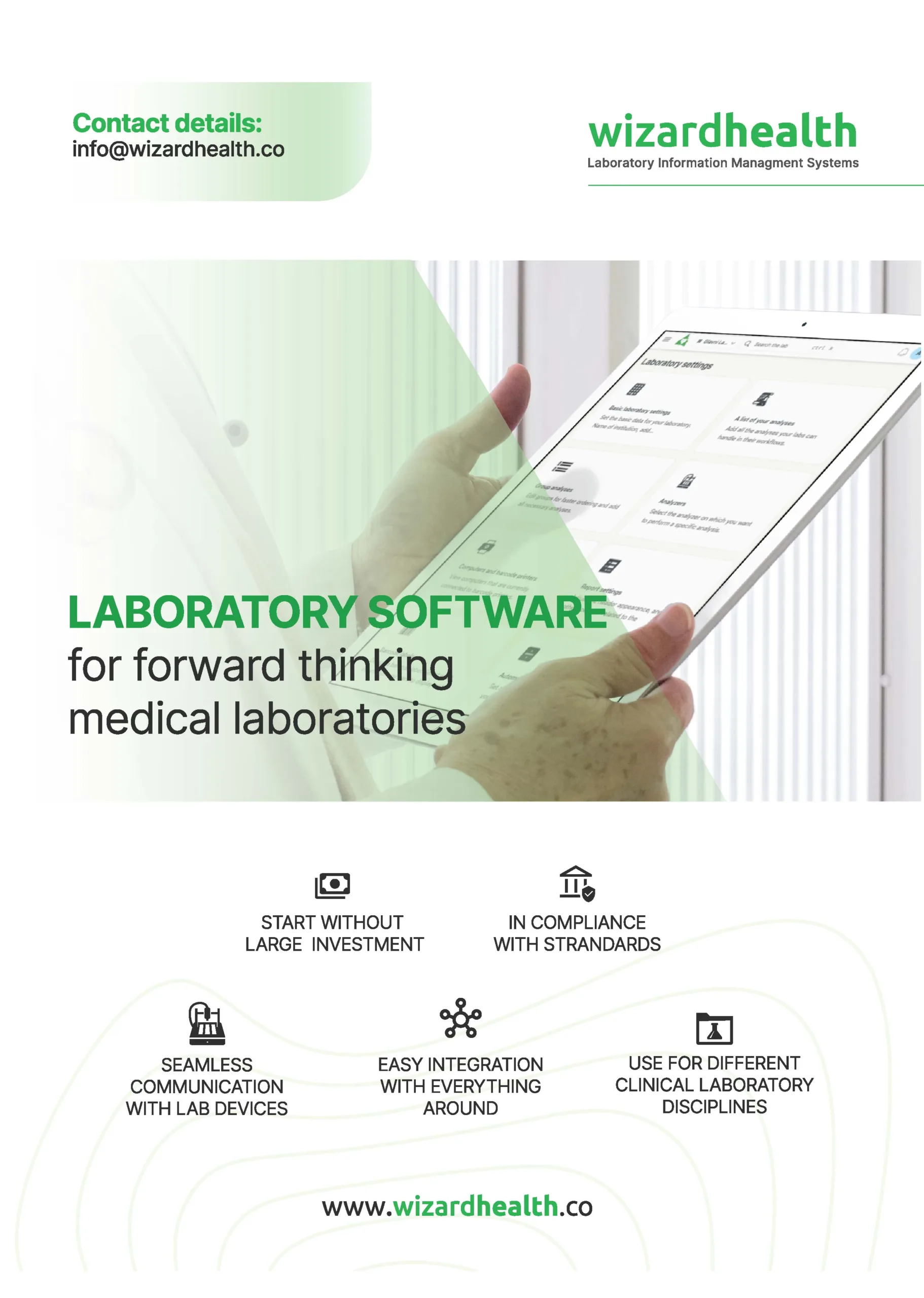Muscat- March, 2024- Global biopharmaceutical company Takeda hosted a medical conference in Muscat, Oman, in which leading Inflammatory Bowel Disease (IBD) medical experts from across the Gulf Cooperation Council (GCC) convened to discuss the latest innovations and medical research in IBD treatment. Globally, there are 10 million Ulcerative colitis and Crohn’s disease patients, with that number increasing year on year. Estimates suggest that in the Middle East, the number of patients suffering from IBD will grow 2.3-fold between 2020-2035, emphasizing the critical need for effective treatment options.
IBD is a chronic condition that affects millions of people worldwide. With symptoms ranging from abdominal pain, rectal bleeding, diarrhoea, and fatigue, IBD is said to negatively impact not only physical health but patients’ emotional well-being, relationships, social life, work, finances, and leisure time and travel.
With a focus on bringing hope to Crohn’s disease or Ulcerative colitis patients, medical experts discussed the importance of early detection, diagnosis, and treatment options in a bid to advance patient care. Among those present was Prof. Simon Travis, a distinguished global figure in IBD. The conference also discussed the latest innovative therapy, which helps in addressing inflammation associated with moderate to severe Crohn’s disease or Ulcerative colitis. This new treatment option aims to bring relief to patients who conventional therapies have not served well.
Also Read: Can WHO’s Blueprint Curb Diabetes Surge in Africa?
The new treatment delivers a unique approach to treating IBD, targeting inflammation precisely where it occurs in the gut. The FDA approves it as the sole gut-selective biologic therapy for adult IBD patients with moderate to severe Crohn’s or Ulcerative colitis who have failed or are intolerant to conventional therapies. The treatment also provides flexibility with two options for maintenance therapy—IV infusion or subcutaneous injection, making it a versatile and patient-centric treatment option.
Speaking at the event, Dr. Ahmed Al-Darmaki, Consultant Gastroenterologist specialized in Inflammatory Bowel Disease at The Royal Hospital in the Sultanate of Oman, said, “IBD has proven to be a debilitating disease for many patients, impacting not only the physical but often the emotional and psychological well-being. Patient symptoms are often further exacerbated due to poor diagnosis of their medical condition alongside a lack of effective treatments. Thanks to the latest treatment, we can bring a new lease of life to patients for whom conventional treatments have failed.”
Dr. Ahmed Alwassief, Consultant Gastroenterologist at Sultane Qaboos University Hospital, Oman, Said: While inflammatory bowel disease (IBD) was once thought to have a low incidence in Oman, recent data unfortunately indicates its rise there, mirroring trends seen in other economically developing countries. IBD’s impact extends beyond the direct medical costs: it significantly reduces patients’ quality of life, work productivity, and income. This can strain the families of IBD patients, requiring both social and financial support, and ultimately creating an economic burden on the state budget. Fortunately, modern IBD treatments have proven cost-effective in preventing complications, improving quality of life, and ultimately reducing the overall financial burden of the disease.
















